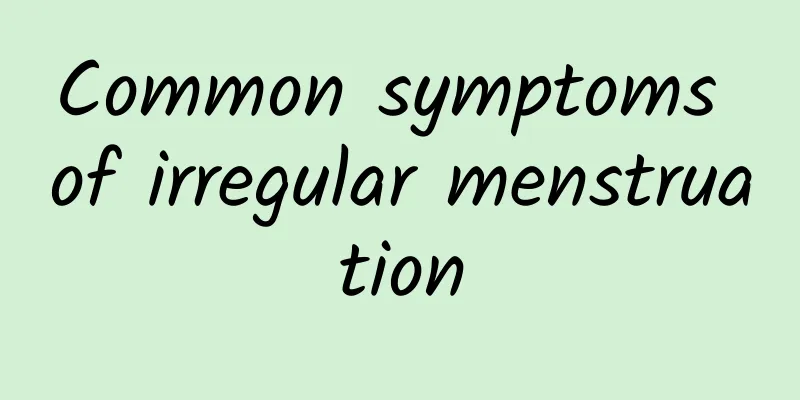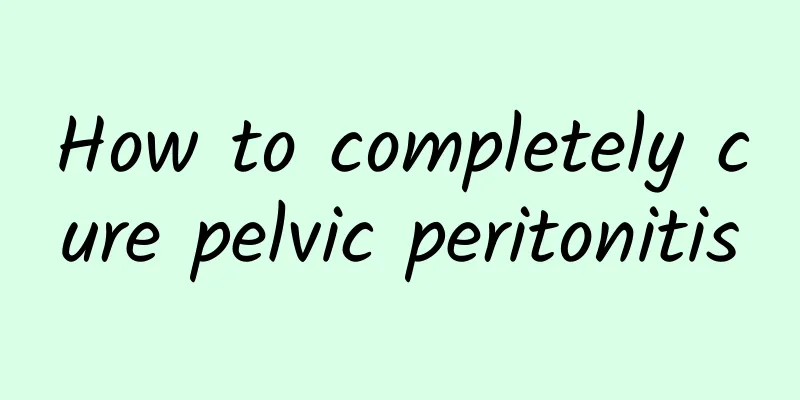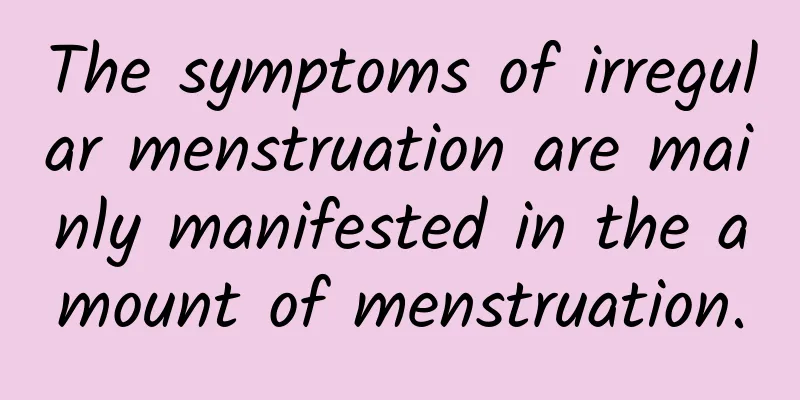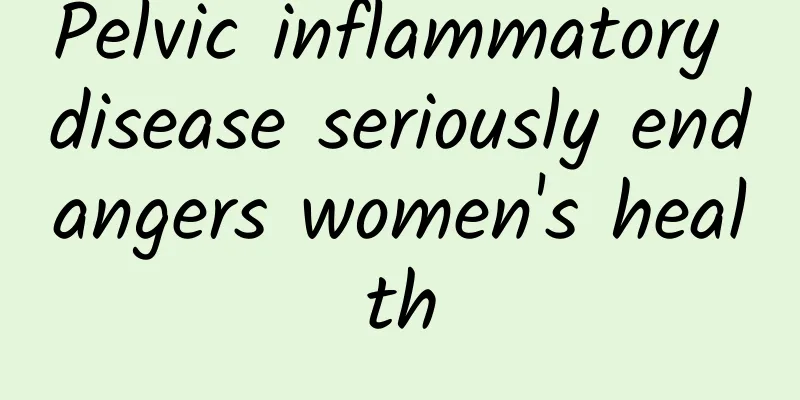Will ovulation occur if menstruation is not coming? Let me tell you about the professional knowledge!
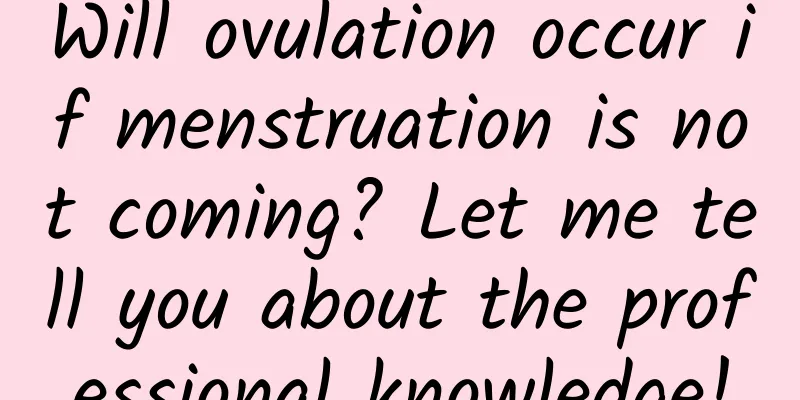
|
Women's menstruation and ovulation are two different periods, but experts say that women's menstruation and ovulation periods are not independent, but influence each other. Usually the ovulation period comes before the menstruation period, so the ovulation period will affect the menstruation period, rather than the menstruation period affecting the ovulation period in turn, so the order must be made clear. 1. Will I still ovulate if I don’t have my period? To be precise, there is no normal menstruation without ovulation, not that there is no ovulation without menstruation. Because the normal cycle is like this, first the follicle develops, and the endometrium begins to proliferate, preparing for pregnancy. After ovulation, if there is no sperm and egg combination, or if it fails to implant, the proliferating endometrium begins to shed and bleed, which is the menstruation. In fact, the process of a menstrual cramp is a process of failed conception. 2. What are the dangers of not ovulating? 1. Infertility: The biggest harm of not ovulating is that it causes infertility in women. Having children is a woman's natural duty and the most important feature that distinguishes women from men. Although there are many DINKs now, if a woman cannot have children, it is still a serious blow. Many families have been disintegrated because of women's infertility. 2. Gynecological cancer: Nowadays, there are more and more gynecological cancers, such as endometrial cancer and breast cancer. These terrible cancers are also caused by the fact that women do not ovulate, which leads to sex hormone metabolism disorders, excessive proliferation of the endometrium and the lack of cyclical progesterone to counteract the effect. 3. Menstrual disorders: Anovulation can cause a series of menstrual disorders in women, such as menstrual disorders and amenorrhea, and can also lead to symptoms such as hirsutism and obesity. 3. What to do if you don’t ovulate 1. Reasonable weight control: Now is an era where thinness is considered beautiful. Many people lose weight and go on a diet for beauty, but there are still some people who don't care about other people's eyes and still insist on their theory that "obesity is a blessing". In fact, being too obese not only leads to many diseases, but also interferes with the coordination of the endocrine system. Reasonable weight control can help prevent and treat anovulatory diseases. 2. Pay attention to changes in the menstrual cycle: Changes in the menstrual cycle can directly reflect many diseases in the body. The normal menstrual cycle is about 25-35 days. When approaching ovulation, there will be a little secretion in the female vagina. 3. Pay attention to your diet: A reasonable diet is not only helpful for women's anovulation, but also plays an important role in all aspects of the body's functions. Smoking and drinking will affect fertility for both men and women. Be careful not to drink too much carbonated drinks such as cola, and also avoid consuming too much high-calorie food. |
<<: What to do if you have back pain during menstruation? Tips to quickly relieve back pain
>>: Why do menstruation not come? The four major hazards of menstruation not coming are revealed
Recommend
A collection of treatments for endometriosis
A collection of treatments for endometriosis Endo...
The thickness of the endometrium is 1.5 cm. Why am I not having my period?
The thickness of the endometrium is 1.5 cm. Why a...
How to get rid of obesity and "tuna belly"? Traditional Chinese Medicine: Drinking dehumidifying and fat-removing tea, 3 tips to effectively control body fat
Don’t want to face the weighing scale after the C...
Imaging Diagnosis of Congenital Absence of Vagina
Congenital absence of vagina is a serious hazard ...
What are the dangers of female adnexitis?
What is adnexitis? What are the hazards of adnexi...
What are the common symptoms of adnexitis in women?
I believe that many women are aware of the high i...
Is the cost of treating endometrial tuberculosis expensive?
Is the cost of treating endometrial tuberculosis ...
What are the symptoms of left lateral adnexitis?
What are the symptoms of adnexitis? Adnexitis can...
What should I eat if I have abnormal leucorrhea? What are the dietary taboos for patients with abnormal leucorrhea?
For female friends, the most fearful thing is to ...
What causes ovarian cysts?
What are the common causes of ovarian cysts? Adne...
Four early symptoms of cervical erosion
What are the early symptoms of cervical erosion? ...
Introduction to the common causes and hazards of ectopic pregnancy
Ectopic pregnancy is different from normal pregna...
Doctor: Remember these 3 points about diet with high prolactin
High prolactin can be regulated through diet, suc...
What are the reasons for frequent miscarriages in pregnant women? There are 5 reasons
There are many reasons that may cause frequent mi...
Will chronic cervicitis cause bleeding in women? How to treat chronic cervicitis bleeding in women?
For married women, irregular cervical bleeding is...


